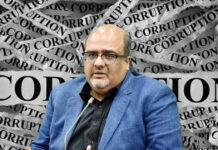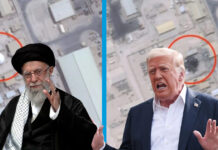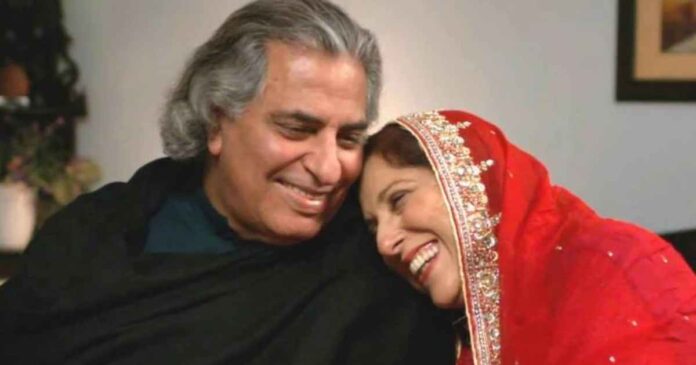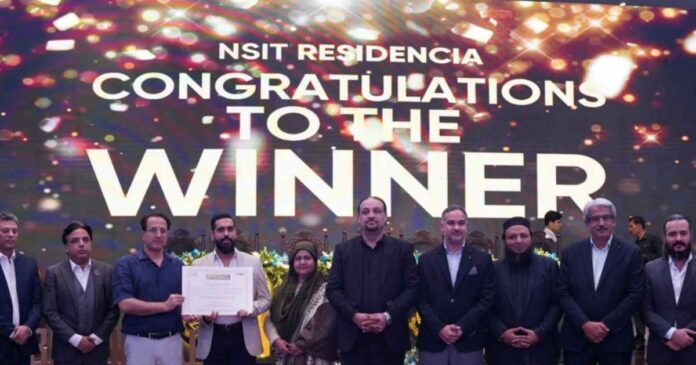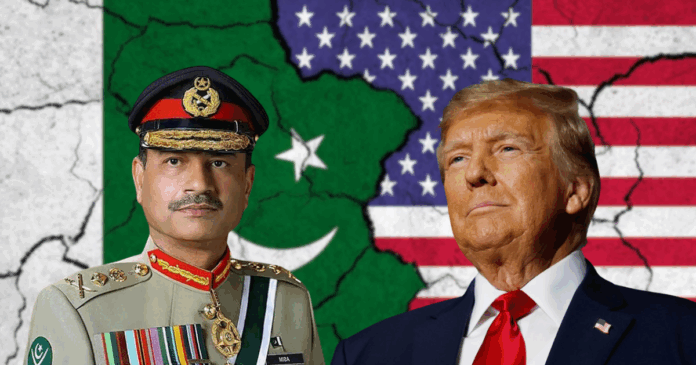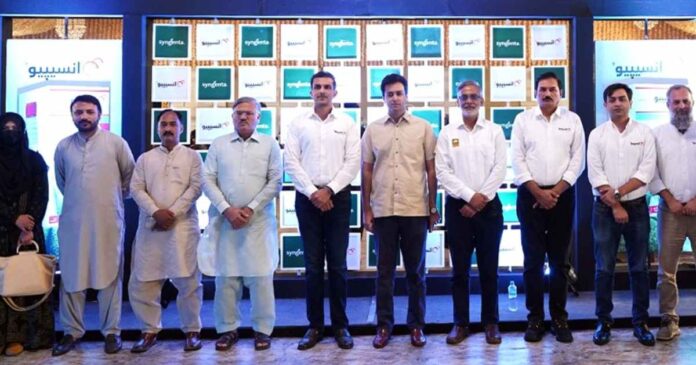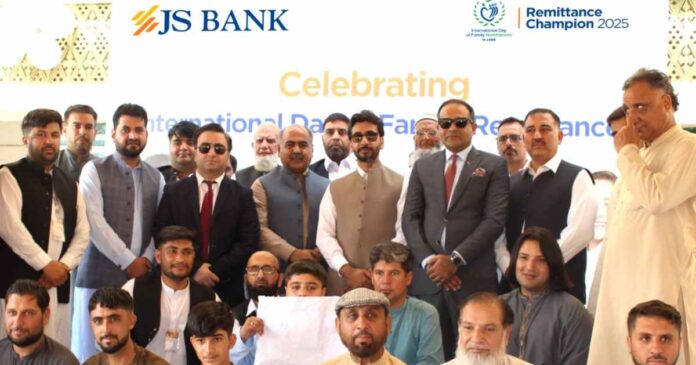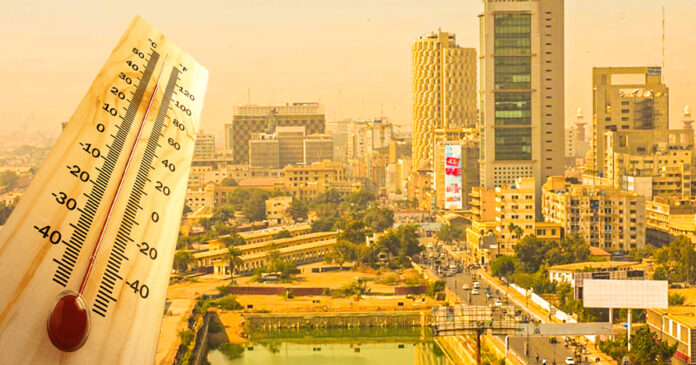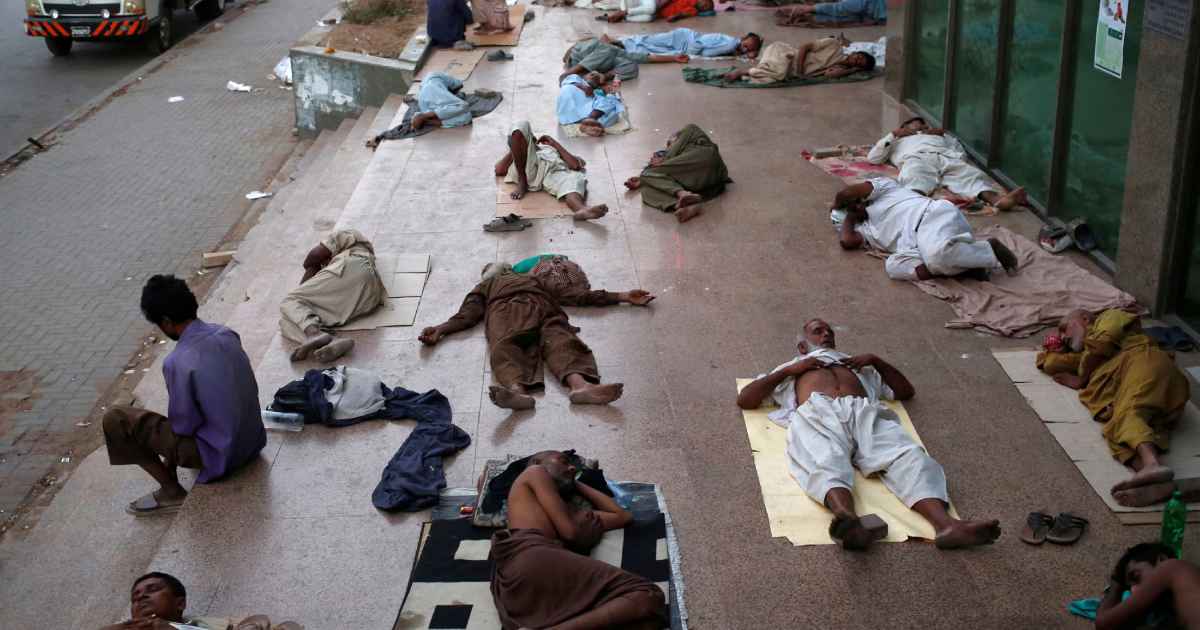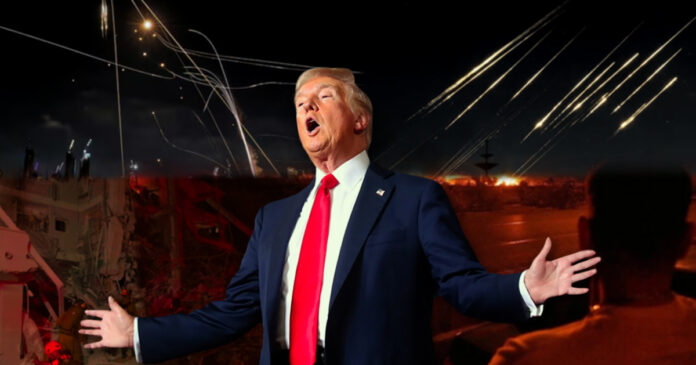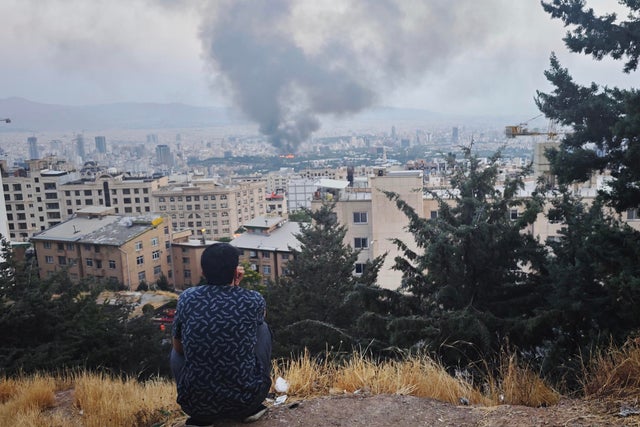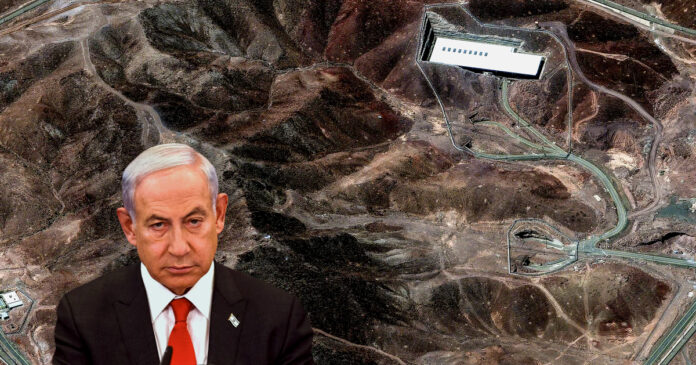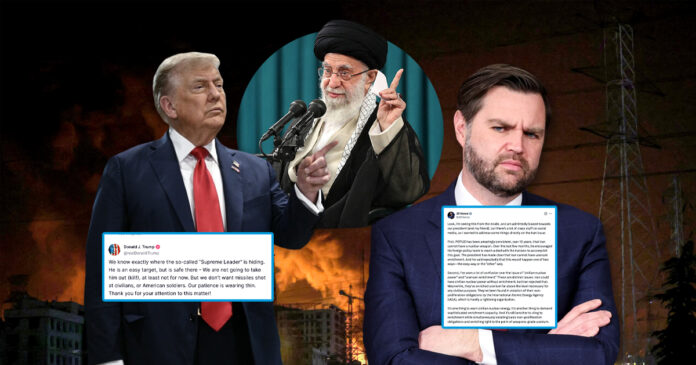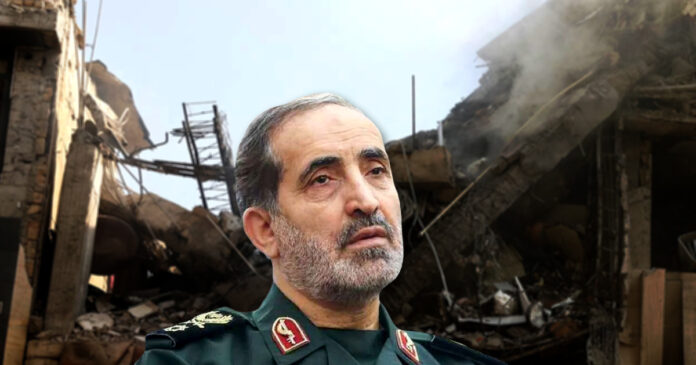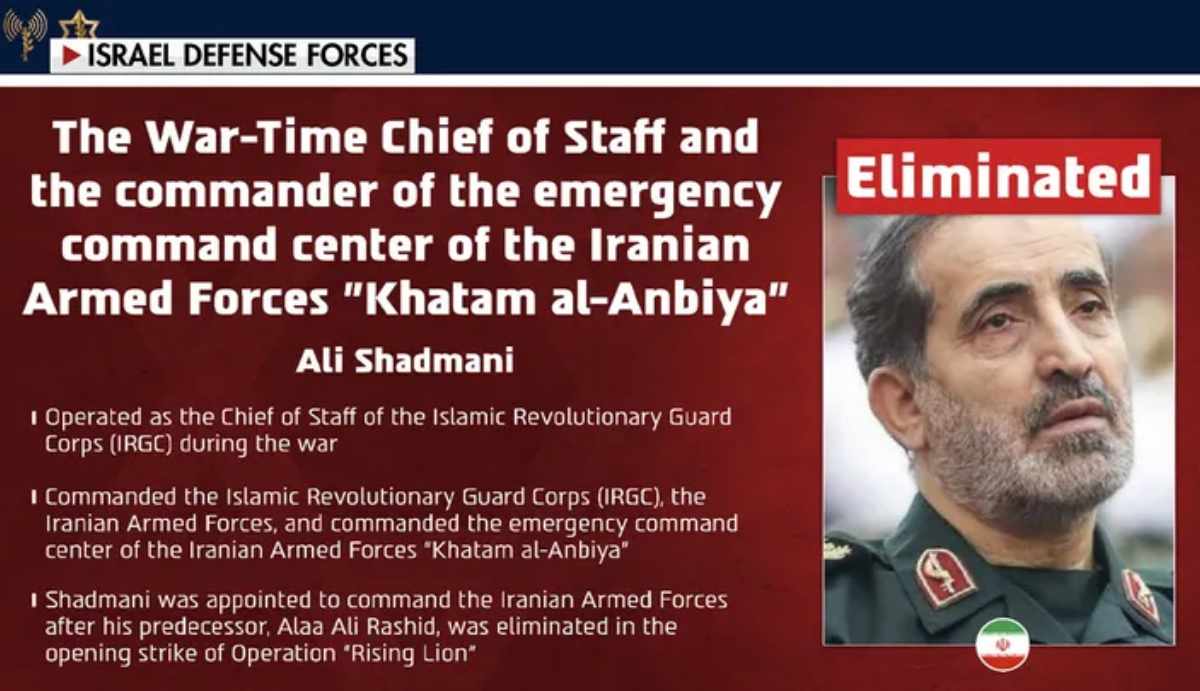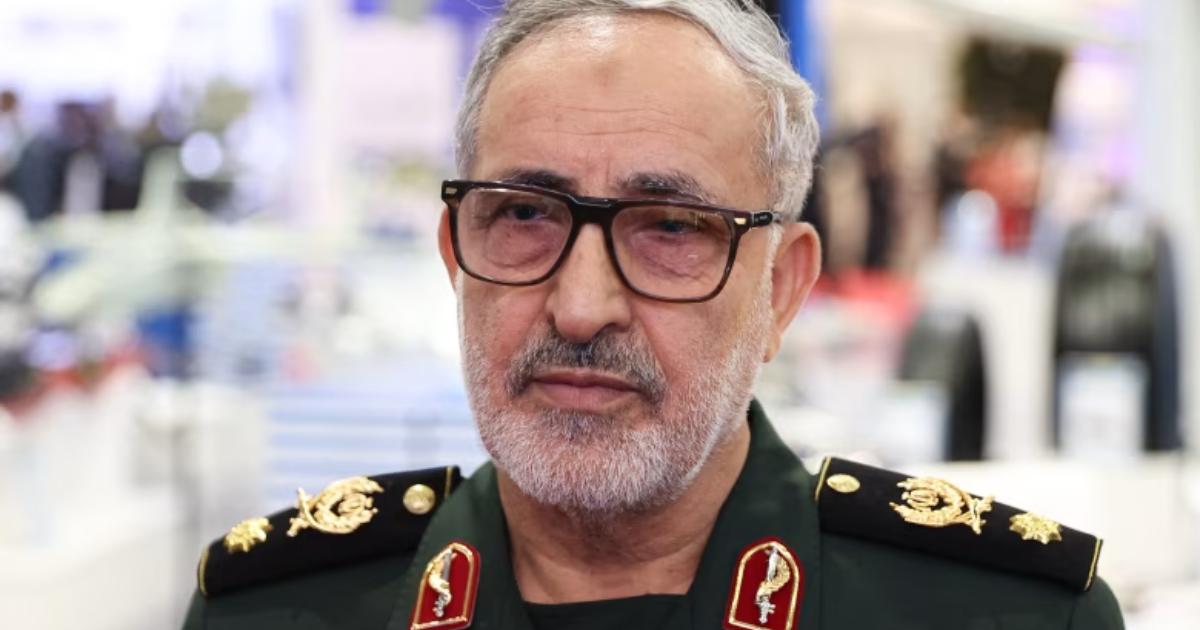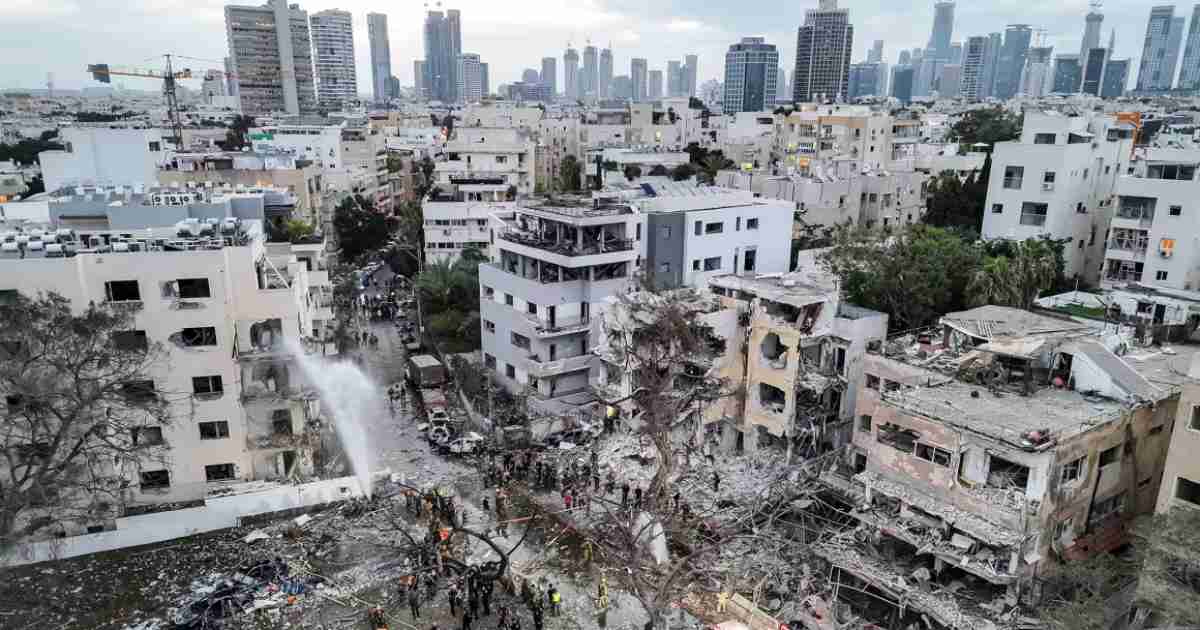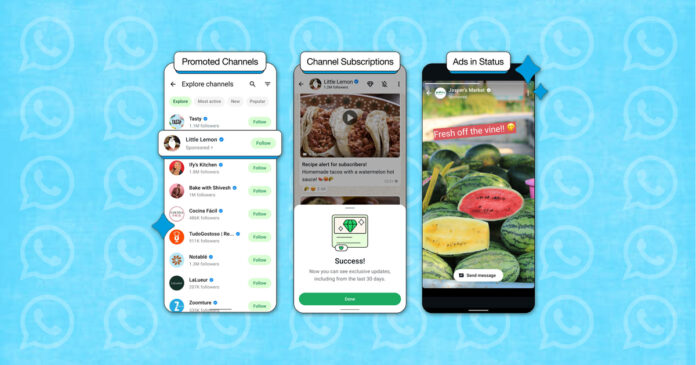Samina Peerzada recently graced the stage of the popular comedy show Mazaaq Raat, sharing the spotlight with Imran Ashraf. Renowned for her poise and charm, she caught everyone off guard with her candid insights about her love life.
When the topic of teenage love came up, and how it often fizzles out once it’s fulfilled, her answer turned into a delightful mix of humour and sincerity.
Imran posed the question, “Jo bachay nadan hote hain, har daur mein rehay hain, unki baat kabhi kabhi sach ho jati hai wo aksar khetay hain, Mohabbat jab mil jaye tou khatam ho jati hai. Aap itne saalon baad kya kehti hain apni mohabbat ke bare mein?”
With a warm smile, Samina responded, “There are stages in love. Sometimes, it really is love at first sight. You’re drawn to someone’s personality, their way of speaking, or just something special about them.” That’s when she shared a personal story that had the entire audience in stitches.
Watch Here:
Her First Encounter with Usman Peerzada
Talking about her first meeting with her husband, Usman Peerzada, Samina didn’t hold back. “When I first saw him,” she shared, “he was acting in a play called Dosra Aadmi. I was very young back then. I looked at him and said, ‘You’re playing a double role, aren’t you? But it doesn’t seem like you even know your other role!”
The crowd burst into laughter. With a sparkle in her eyes, she added, “That was literally our first meeting, and I criticised him right away. Imagine that!” Her candid humour and honesty made the moment unforgettable.
But that wasn’t the end. She continued, “Later, he turned around, looked at me properly, and somehow got interested. In our very first proper meeting, he brought flowers for me and carefully placed them along the path we were walking.”
The gesture impressed her. “That’s when I got attracted to him,” she admitted, “and in the second meeting, I proposed to him myself. I said, ‘If you’re interested, let’s just get married.’”
From Criticism to Commitment
This charming story not only highlights the playful beginning of their relationship but also illustrates how true love can blossom from the most unexpected moments. What made the interview so captivating was her fearless critique of her husband during their first meeting. Little did she know he would eventually become her life partner.
Their connection wasn’t crafted from a perfect fairy tale but rather from genuine, heartfelt conversations. It reminds us that love doesn’t always kick off with flowers and sweet nothings. Sometimes, it starts with a bit of sarcasm, a lot of laughter, and a surprising dose of honesty.
Today, Samina and Usman Peerzada stand out as one of the most admired couples in the Pakistani entertainment scene. Recently, Usman was seen supporting Samina during her latest film, Deemak’s premiere, highlighting that a good partner will also be there for you when you need them.
Stay tuned to Brandsynario for the latest news and updates





